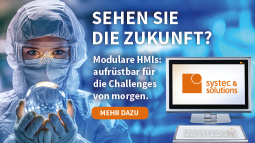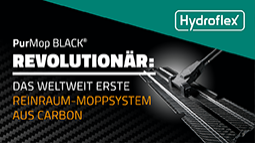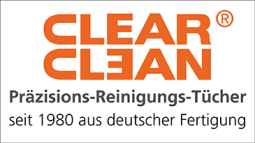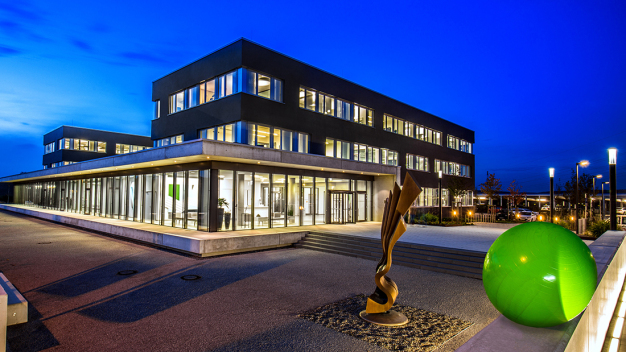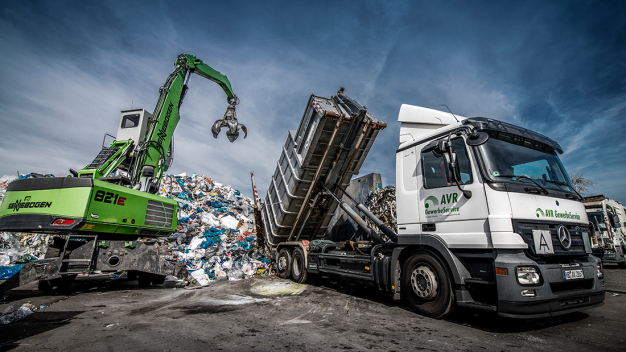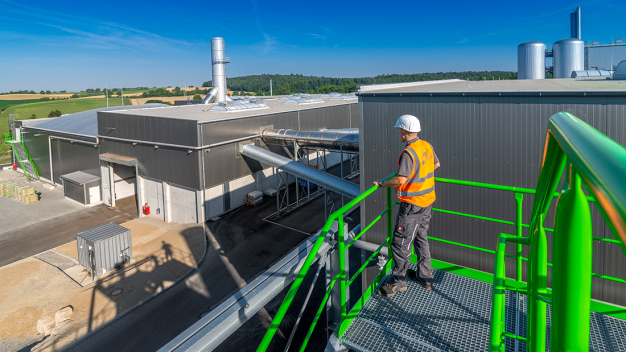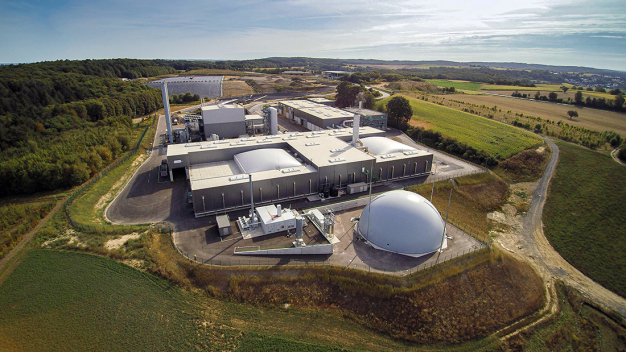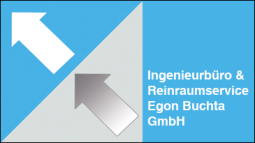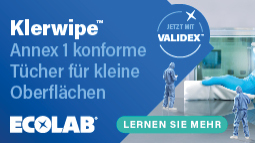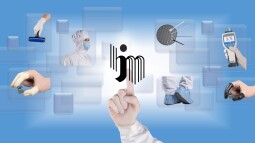- Trade fair
Natascha Plankermann
A bed at the power plant – for self-isolation
Trend Topic “Protection and Hygiene at Work” at A+A 2021 in Düsseldorf
Since colleagues live in fear of infecting each other with a dangerous virus, the working world has changed for good. Due to the pandemic protection and hygiene at the workplace play a more important role than ever in companies – in some cases there is even a bed put up at the power plant in case of required isolation. What these current developments for workers mean, be it at the company premises or at the home office, will be discussed as a focal theme at A+A 2021. The leading international trade fair with its Congress on Occupation Safety and Health will be held from 26 to 29 October 2021. Experts and representatives from the political sphere, research and OSH practice will exchange ideas both on site and digitally.
Continue to work despite COVID – OSH in Germany was quick to react and make this possible: just one month after the pandemic hit a cross-industry minimum standard was created by the German Ministry of Labour and Social Affairs (BMAS), which was then fleshed out with concrete protective measures in the Sars-CoV-2 occupational safety rule. This is constantly updated and has outlined until this very day the conditions under which people can work in companies. The key phrase in all this is risk assessment. Companies have to consider that the risk of a COVID infection adds to the risks employees are exposed to as part of their professional activity. But what does this look like in practice? The Federal Agency for Occupational Health and Safety (BAuA) has conducted various current analyses on occupational safety during the COVID crisis and has studied, among other things, which OSH measures are implemented and which are complied with. The result obtained on the basis of data from the socio-economic panel (SOEP) comprising over 3,000 responses reads: the duty to wear face masks and keep a distance has become just as normal in German companies as has coughing/sneezing etiquette and regular handwashing. Organisational measures such as flexible working times or the re-organisation of tasks and teams, however, are obviously used less frequently. This is criticised by BAuA because, after all, Technology and Organisation are to protect Persons first before these undertake measures themselves – in keeping with the TOP principle, which is also anchored in the Act on Occupational Safety and Health. How this principle can be put into practice is shown by AVR UmweltService in Sinsheim as an example: Managing Director Peter Mülbaier views it as a logical step that people’s work must be re-organised in the wake of the pandemic. “As a disposal company for commercial waste and an energy supplier operating power plants and solar parks in the Rhein-Neckar region we are part of the vital infrastructure. Operations must go on without putting our 160 employees at risk of potential illness,” says the 64-year old.
Mülbaier made the re-orientation a matter for top management thereby attaching particular importance to the measures to be implemented. This is what is happening in 98% of German companies, according to BAuA observations. In cooperation with a crisis task force the Managing Director is implementing a strategy that has provided the company with new tools for the future thanks to the experience gained over the months of the pandemic: to the tune of 80% of employees were initially sent to work from home to radically reduce contacts. By now many employees work on a hybrid rota – partly at home, partly at the company – and report their working time via App. Managing Director and proxies are never in the same place at the same time and exchange ideas at video conferences in order to avoid illness-induced absenteeism. Waste disposal trucks are operated by identical teams in staggered shifts – “even if one should drop out due to infection, the next follows at a short interval,” explains Peter Mülbaier. All employees are informed about the latest developments related to COVID by the in-house crisis taskforce in a regular newsletter: “This ensures everybody is familiar with the applicable rules and knows what to do,” says the Managing Director. His most unusual preventive measure: he had a bed put up in one of the power plants run by AVR UmweltService should an employee be forced to self-isolate there. So far, it has not been used as COVID outbreaks have largely been avoided.
Lutz Lehmann, board member of the Deutsche Gesellschaft für Arbeitshygiene (DGAH), a multi-disciplinary professional association for comprehensive occupational safety, and CEO of consulting firm Wegner + Lehmann, supports the company in a consulting capacity. Like many of his colleagues (according to a BAuA survey), the OSH expert praises the Sars-CoV-2 occupational safety rule, assessing it as “extremely conservative”. He developed the risk assessment tool for every segment of the disposal company on this basis: excel spreadsheets with the necessary measures feature a traffic light system allowing the CEO to see and check whether the measures have been implemented (green) or are still open issues (yellow). One example of measures already implemented: the five salesmen in the field work in staggered shifts and can keep a safe distance because there are no double workstations.
Other companies also rely on flexibility and new structures to protect their employees on site – as does chemicals producer OQ (formerly OXEA) with six manufacturing sites all over the world. Some 1,400 people are employed in the biggest factory in Oberhausen alone. Here colleagues start their shifts without the usual personal handover conversations. Instead, important information is recorded in writing in a shift book or exchanged over the phone. Only once one group of workers has closed the door of the control stand at the factory does the next group enter the room – always the same group of people keeping a 1.5m distance.
For OQ the same applies as for AVR UmweltService: those in charge at the company continue to be careful and observe the development of the pandemic, which they have mastered well so far with their new tools. This is also the course charted for the future even though not all obstacles have been overcome. Peter Mülbaier, for instance, is concerned because not all employees have been prepared to take the vaccine so far – and they cannot be legally obliged to do so either.
How the cohesion within companies will develop in such a dynamic situation also keeps the body of experts at “Rat der Arbeitswelt” on their toes. In its first report on occupational safety and health this council assumes that working from home will gain in importance in future – but would also like to ensure sufficient employee presence at the business premises “to guarantee communication and innovative power in everyday work”. To the CEO of AVR UmweltService Peter Mülbaier the community feel also plays a role here and he ponders: “We will probably not be able to invite staff to a Christmas party while many continue to decline the offer of the vaccination.”
Messe Düsseldorf GmbH
40001 Düsseldorf
Germany
